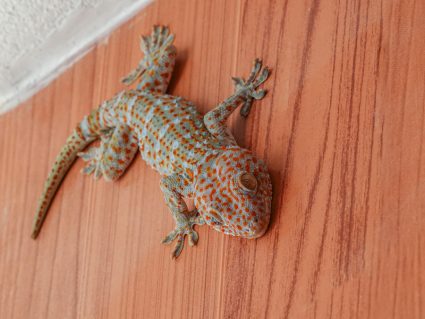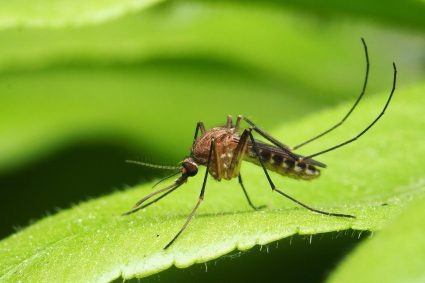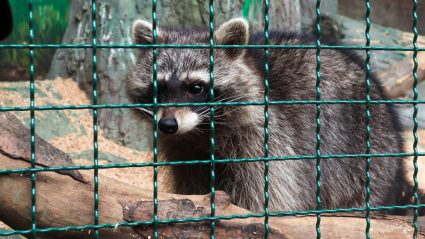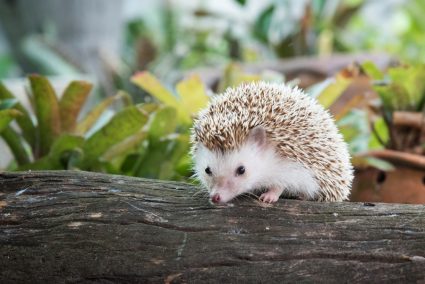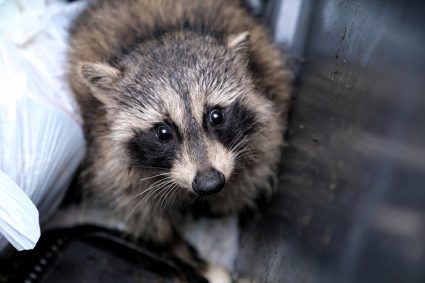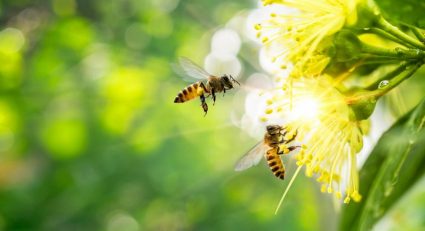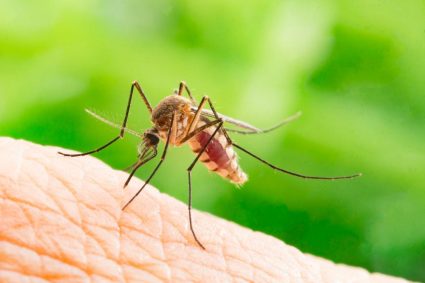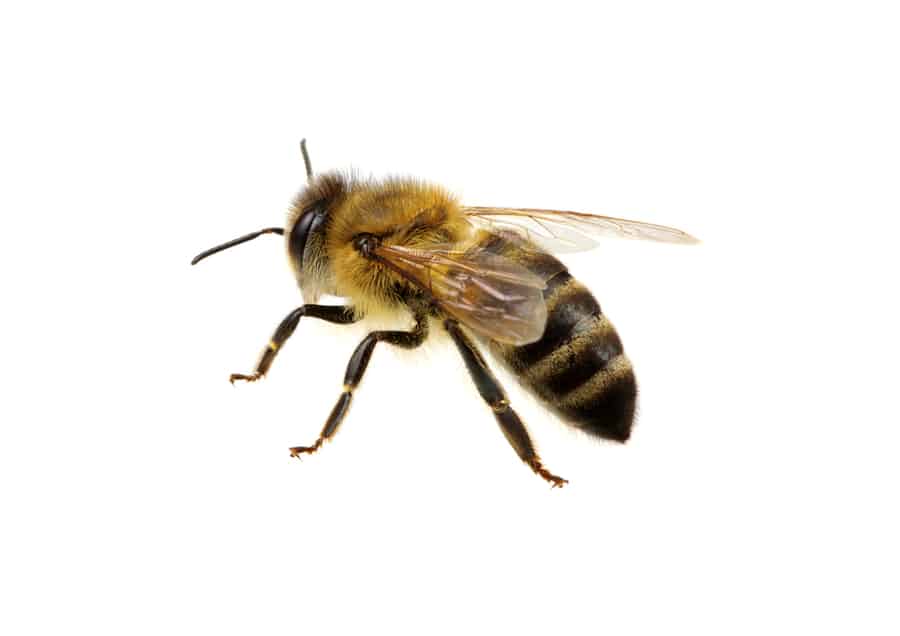
In warmer months, bees often move out in search of suitable places to make a hive and stock up on supplies for winter.
While making such inquiries, the significant factors are proximity to food and good ventilation, irrespective of the humans who occupy or own the space.
Now, we know pretty well that bees are essential for the environment, not to mention how delicious honey is. However, having a swarm of bees living in your home is a risk that could hurt both the bees and everyone close by.
Although one cannot control where bees choose to make their new homes, several practices can make your home unsuitable for them to build a hive.
Bees build a hive in a yard or a house mostly because of its proximity to their needs, particularly in gardens with good flowering plants. To keep bees away from your home, you should:
- Grow plants that repel bees, such as geraniums, basil, and mint.
- Keep your home clutter-free. Having piles of junk can inadvertently create a nesting spot for bees.
- Take time to look over your surroundings. It is much easier to deter bees from making a hive than to remove a hive or chase a swarm of bees away.
This article provides safe, cruelty-free ways to deter bees from making a hive.
In addition, you will find detailed answers in the FAQ Section to other questions you may have concerning home bee invasions.
5 Ways To Deter Bees From Making a Hive
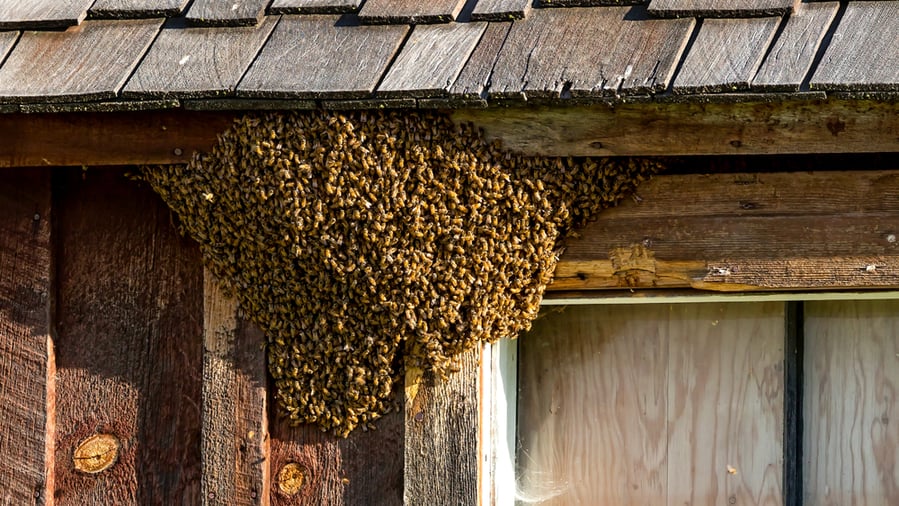
Bees can be found in gardens, meadows, woodlands, or places with many flowering plants. If your home is close to any of these, a swarm of bees could choose to make its home near you.
When bees make a home, it is to house a swarm and begin pollination, which is essential for the survival of our ecosystem. However, having bees live so close to humans is dangerous.
Top of the list is that you, your family, or your pets could get stung by a bee. It gets worse if the victim is allergic to bee stings.
Another danger is that exposure to heat could cause hives to catch fire or make a mess of your wall. Such fires could spread and cause damage or hurt people, all of which can be avoided.
To prevent such hazards, we have outlined some methods to prevent bees from making hives near your home. Some of these involve using natural remedies, while others are targeted solutions.
1. Cultivating Anti-Bee Plants
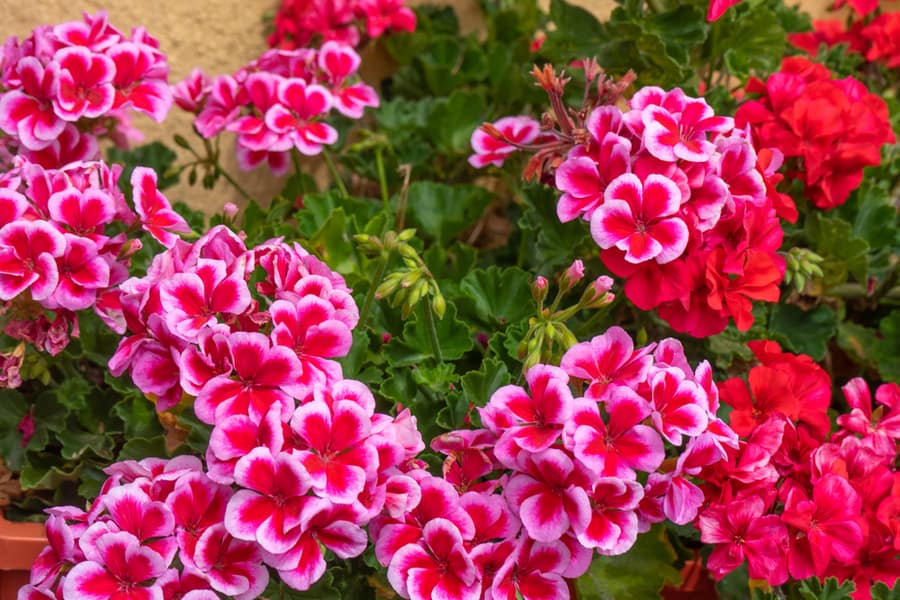
Just as certain flowering plants attract bees, there are other plants bees would naturally stay away from. Examples are cucumber plants, cinnamon, peppermint, basil, mint, and geraniums.
If you have a garden, you should consider planting one or more of these plants. Bees and stinging insects like wasps steer clear of them and would not want to build a hive close to them.
If you do not have a garden, there are other ways to utilize these bee-repelling plants. To use cucumbers, cut up slices, and place them on windows or surfaces near the areas where bees are swarming.
Bees hate the acidic substance in cucumber peels and steer clear when they pick up the scent. The same goes for cinnamon and peppermint.
Both of these plants have a strong smell that bees do not like. So, applying drops of peppermint oil or heavy cinnamon scents is enough to discourage bees from choosing your home.
2. Vinegar Spray
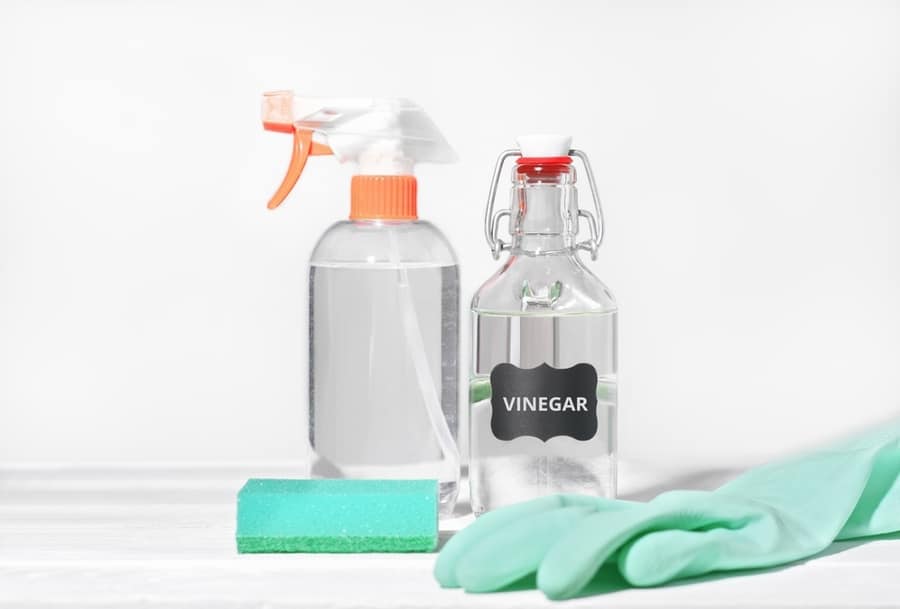
Before any part of a house is chosen as a suitable space for the swarm, a group of bees goes out to scout for potential nesting spots. If they find it suitable, they may build a nest as others move in permanently.
However, you may find a bee flying around while the scouting continues. And that’s your chance to make a move with a good repellent like vinegar.
This method requires you to fill cans of water and add drops of vinegar. Then place them near windows and entrances of your house, or in the spots, you may have seen them hovering over.
The pungent smell of the vinegar does a marvelous job of keeping bees away without causing any harm to them.
3. Reduce Clutter in Your Surroundings
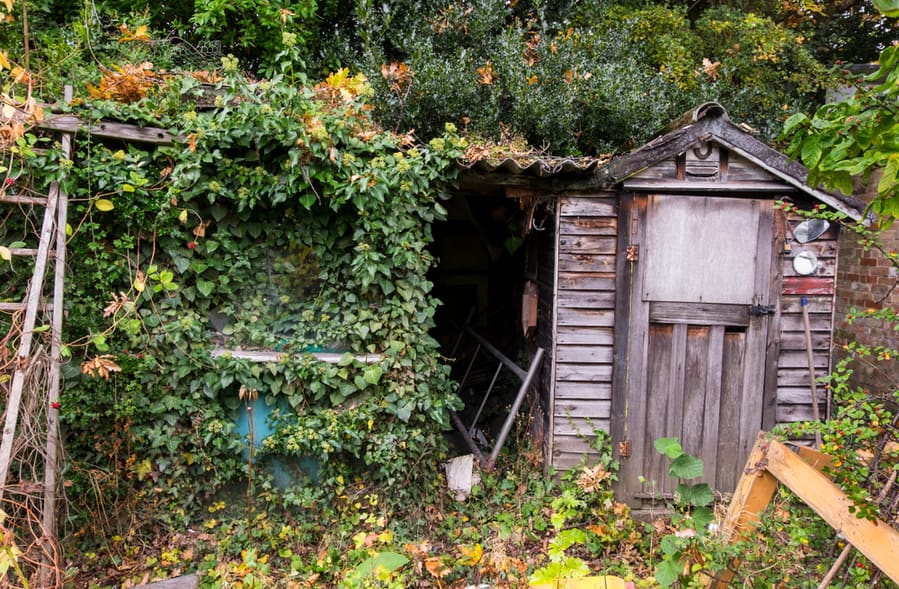
Piles of unused household items and junk should not be left unattended. Such heaps often make good shelters for honey bees.
It also makes it harder to trace where the bees live since you wouldn’t likely search for them under a pile of rubbish. So, ensure that any clutter in your backyard or compound is properly sorted or attended to.
Bees could hide in boxes or even discarded appliances if they find enough room.
4. Making a Bee Trap
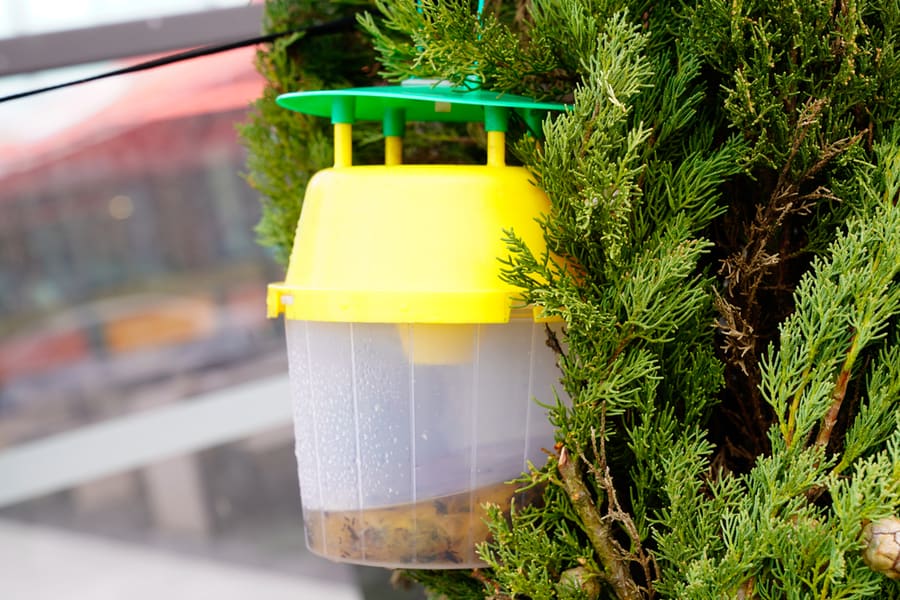
This method is excellent because it ensures that no bees are hurt in your attempts to keep them off your property. At the same time, it works like a safeguard against wandering bees or prospective swarm tenants.
You can create a makeshift bee trap or buy one. For a makeshift trap, you need a sweetener to lure them ( you can use sugar or maple syrup and water) and a container with a narrow entrance (a big bottle will do fine).
The scent of the sugar/maple syrup and water mixture will attract nearby bees and lure them into the bottle. Without the guidance of the scent that led them into the bottle, the bees will find it hard to locate the bottle opening and stay trapped in it.
Then, you can take them out to a suitable place and let them out or drop them off with professionalism.
5. Ensure Proper Treatment of Prior Bee Infestation
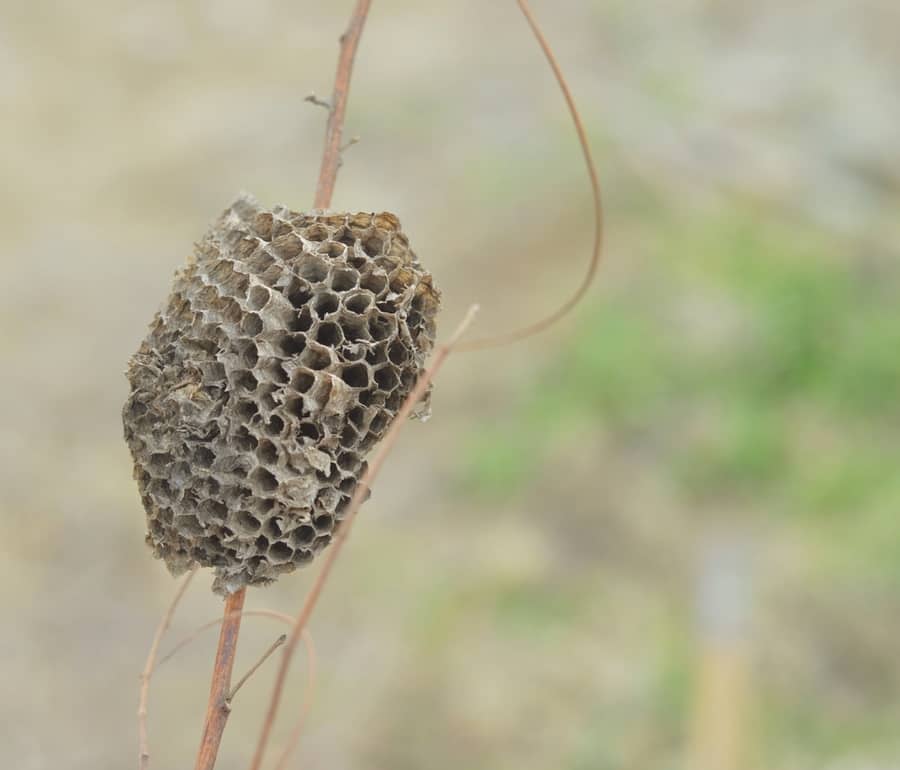
Places where bee infestations have occurred, are more likely to have a reoccurrence than places that do not. And that’s because bees tend to rebuild hives when they come across old ones.
So, ensure that any remnants of bee hives are thoroughly broken off.
It also helps spray the area with bee spray or bee-repellent oils like eucalyptus or peppermint.
Conclusion
When dealing with bees, it is important to be cautious while fully considering their health.
All the options provided here are safe for both you and the bees.
There are, however, artificial bee repellents that weaken bees, ultimately resulting in their death.
Bearing in mind that we need bees more than they do us, it is only ideal to use bee-friendly sprays or products when dealing with them.
Frequently Asked Questions
Will Bleach Kill Bees?
Bleach can kill bees, although it does not qualify as a potent pesticide. So, mild exposure to bleach will do little harm to bees.
However, bees will drown when plunged into any liquid. If bees are tossed into heavy amounts of bleach or drenched in it, they will die.
Spraying bleach into a bee hive or around it will do little to repel any bees in the area. Investing in a proper bee spray that will chase them away from your surroundings or surround them with bee-repelling plants like cucumbers is best.
How To Prevent Bees From Coming Back?
It is common to find bees returning to buildings or areas where they formerly built a hive, even when their home no longer exists. This is probably because such places are still habitable.
For instance, if your backyard still looks cluttered, bees may find it habitable and rebuild a hive. The trick is to make your home inhabitable for any bee, new or old.
To prevent bees from returning to your place, you should:
- Discard any items or plants that would encourage bee hives.
- Close up holes or gaps around your home, so new bees do not find their way in.
- Grow bee-repelling plants like mint, geranium, garlic, citronella, and eucalyptus.


